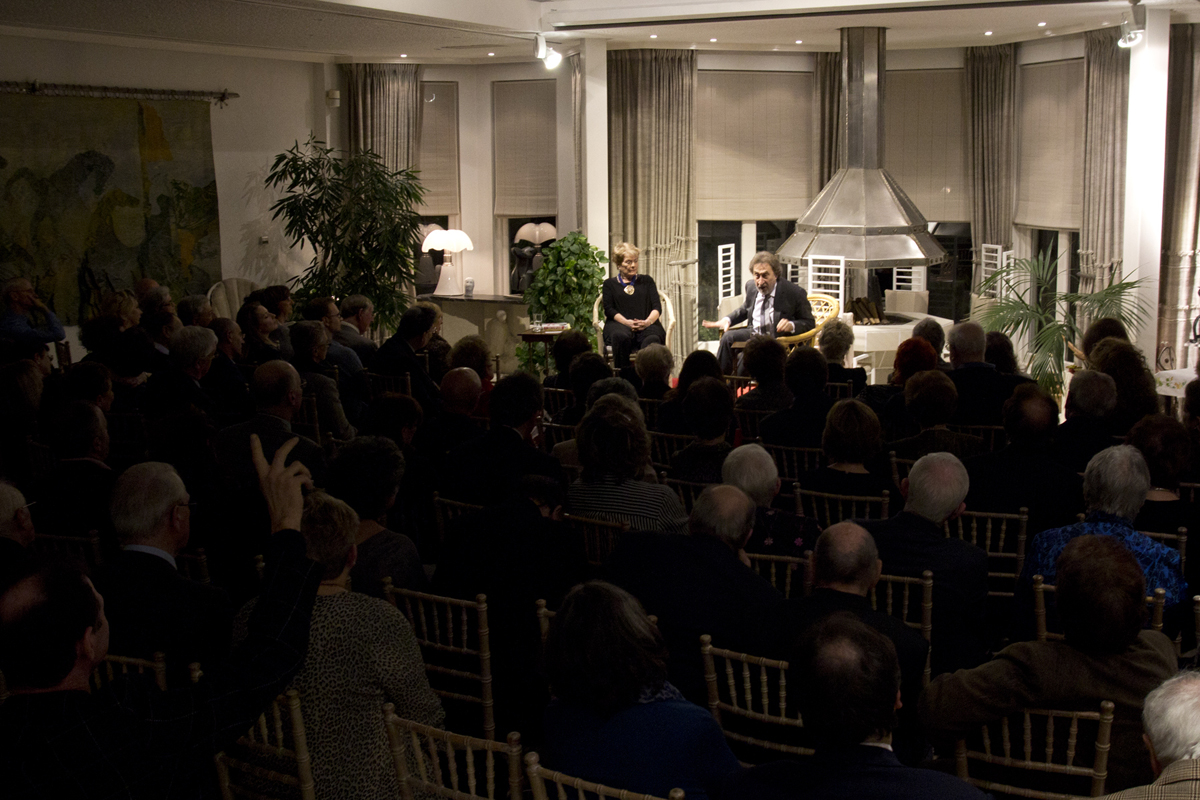Producer Katy Lipson (Aria Entertainment) has a sure eye – and ear – for a hit musical. Between a summer of new musical theatre at The Other Palace, including Some Lovers, Burt Bacharach’s first for years, and the imminent autumn transfer of a sell-out immersive version of tribal rock musical Hair arriving at London’s Vaults from Manchester’s Hope Mills Theatre, comes this West End transfer of a musical that had a hugely successful first outing at Southwark Playhouse.
It isn’t the first high-camp schlock horror movie to make it from screen to stage, though it may be the weirdest (and loudest). Like soulmate Little Shop of Horrors, it’s based on a movie with a musical score added here by David Bryan (yes, Bon Jovi’s keyboardist David Bryan Rashbaum!). In place of the film’s comic-book biffs and bangs – enough to employ an army of Foley artists and stunt-persons – Joe DiPietro’s adaptation of Lloyd Kaufman’s (with Joe Ritter) bracingly violent screenplay has Benji Sperring’s fast-moving, out and loud, in-yer-face direction; designer takis’ versatile three-tier set, incorporating huge vats, library, beauty salon and much more; a loud and lovely five-piece band led by musical Wunderkind Alex Beetschen – and just five extraordinary triple threats playing a cast of (almost) thousands.
In fictional New Jersey town Tromaville, the dastardly Mayor ruthlessly exploits local resources, dumps waste like there’s no tomorrow and is behind local crime syndicates. Meanwhile puny weakling Melvyn is bullied mercilessly until his tormentors crown their violence by throwing him into a vat of toxic waste, transforming him into the (admittedly hideous) superhero Toxic Avenger – green in colour and credentials – sworn to cleanse Tromaville of waste and bullies, including the Mayor; and soon, beloved of pretty, blind librarian Sarah, who ‘sees’ him not exactly for what he is, as she’s convinced ‘Toxie’ is an exotic French name.
Where the film split Melvin/Toxie between two actors, Mark Anderson curls up as Melvin and more than mans up for Toxie. Natalie Hope achieves a spectacular double as sexually predatory, vampish Mayor, her shocking pink décolletage an offensive weapon (the film has a man in suit!), with lightning changes into Melvin’s Mum in hairnet and housecoat – even actually duetting with herself! Ché Francis’ ‘Black Dude’ and Oscar Conlon-Morrey’s ‘White Dude’ morph miraculously into multiple pairs of thugs, henchmen, cops and hilariously, girlfriends. Emma Salvo just gets to be plucky Sarah, in mismatched pop socks, and constantly mislaying her white cane – she really goes for the gleefully politically incorrect, definitely ‘blind’ rather than ‘visually impaired’. All five and their hard-working swing/understudies, Sophia Lewis and Peter Bindloss, have huge, true voices to carry Bryan’s witty (and mostly audible) lyrics. An intoxicatingly tasty – and tasteless – treat.
By Judi Herman
Photos by Irina Chira
The Toxic Avenger the Musical runs until Sunday 3 December. 7.30pm (Tue-Sat; exc. 3 Oct), 3.30pm (Sat only), 3pm & 6.30pm (Sun only). £19.50-£59.50. Arts Theatre, WC2HL 7JB. www.toxicavengermusical.co.uk
























